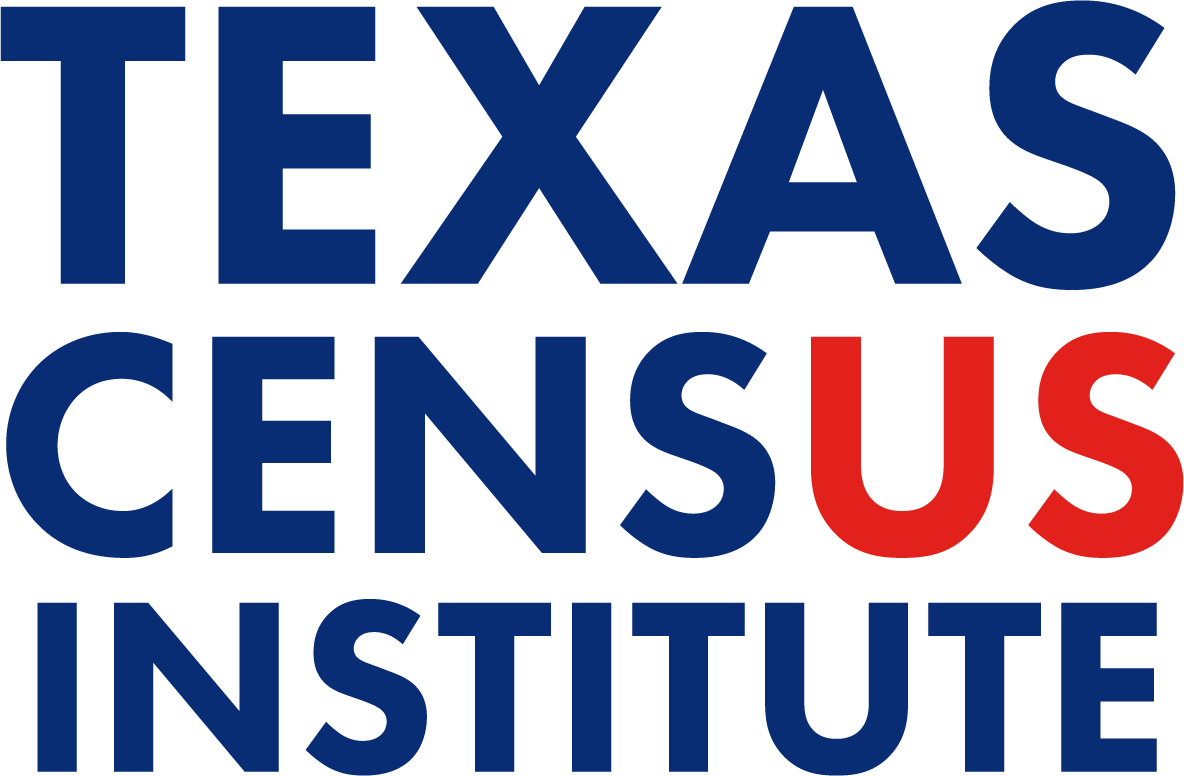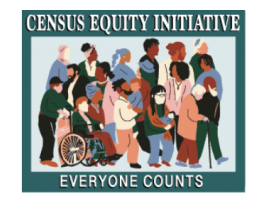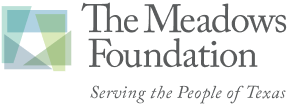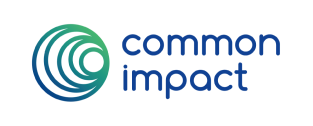It’s true. With a booming economy, vibrant art and culture and world-class outdoor experiences, Texas is the home of possibility and opportunity. That kind of success requires planning and hard work and that begins with an accurate census where every Texan counts.
Shaping Texas for
Tomorrow
The 2020 Census undercount will cost Texans an estimated $25 billion in federal funds between now and 2031.
Our Mission
The Texas Census Institute (TxCI) provides independent, nonpartisan, and data-driven census policy and program guidance to overcome operational and motivational barriers to census participation so that, through a complete count, all Texans can enjoy a great quality of life.
We accomplish our mission through:

Research
The Texas Census Institute develops research to provide data-driven insight into how the population count impacts Texas and Texans.

Education
We leverage research, reports, and stakeholder input to educate and inform policymakers, community-based organizations, and everyday Texans as to the importance of accurate census data.
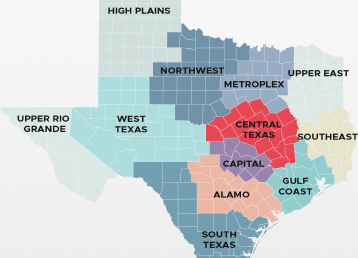
Partnerships
To ensure we understand and address the data and resource needs of our diverse state, we work with regional partners to facilitate our work.
Our Story
The Texas Census Institute grew out of the Texas Counts Campaign, launched in 2019 as a coalition of foundations and nonprofits providing strategic, coordinated support for the 2020 Census in Texas. The goal was to ensure the state received the funding, congressional representation, and data necessary to support its growing population.
The Texas Census Institute builds and expands this work at the state, regional, and local levels to support the decennial census and the American Community Survey to improve the accuracy of census data. By utilizing research, we will develop appropriate resources and increase public awareness on the most effective ways to ensure every Texan counts.
Read more about the collaborative effort to support the 2020 Census in Texas →

Health & Human Services (53%)
- Medicaid
- Medicare
- Adoption Assistance
- Prevention and Treatment of Substance Abuse
- Child Care and Development
- Community Services and Social Services Block Grants
- Head Start
- Health Care Centers
- Low Income Home Energy Assistance
- Special Programs for the Aging
- Children’s Health Insurance Program (CHIP)
- Foster Care
- Temporary Assistance for Needy Families
Education (17%)
- Federal Direct Student Loans
- Pell Grant Program
- Career and Technical Education
- Special Education Grants
- Effective Institution Grants
- Title I Grants
- Vocational Rehabilitation Grants
U.S. Department of Agriculture (15%)
- Supplemental Nutrition Assistance Program (SNAP)
- National School Lunch and Breakfast Programs
- Business and Industry Loans
- Child and Adult Care Food Program
- Community Facilities
- Cooperative Extension Service
- Rural Electrification
- Rural Rental Assistance Payments
- Water and Waste Disposal Systems for Rural Communities
- Low to Moderate Income Housing Loans
U.S. Department of Transportation (6%)
- Highway Planning and Construction
- Capital Investment Grants
- Federal Transit Formula Grants
Housing & Urban Development (3%)
- Section 8 Housing Vouchers and Payment Assistance Programs
- Community Development Block Grants
- Public and Indian Housing Funds
- Housing Assistance Payments Program
Other (6%)
- Low Income Housing and New Market Tax Credits
- Crime Victim Assistance
- Unemployment Insurance
- Employment Service Program
- Native American Employment & Training
- Historically Underrepresented Business (HUB) Programs
- Federal Procurement Programs
- Federal Tax Expenditures
- Workforce Innovation and Opportunity Act
- Homeland Security Grant Program
Click each section to explore areas of funding.

Why The Decennial Census?
Every 10 years the census helps determine how hundreds of billions of dollars in federal funding, including grants and support to states, counties and communities are spent every year for the next decade, for schools, hospitals, roads, public works, and more.
Why The American Community Survey?
Every year the American Community Survey (ACS) collects data that businesses, educators, governments, faith communities, nonprofits, researchers and the public utilize to better understand our nation and its people so they can plan and make data-informed decisions.

Get Involved
Sign up for our newsletter and receive updates as we grow our network, develop and publish research, and activate communities to improve census engagement.
